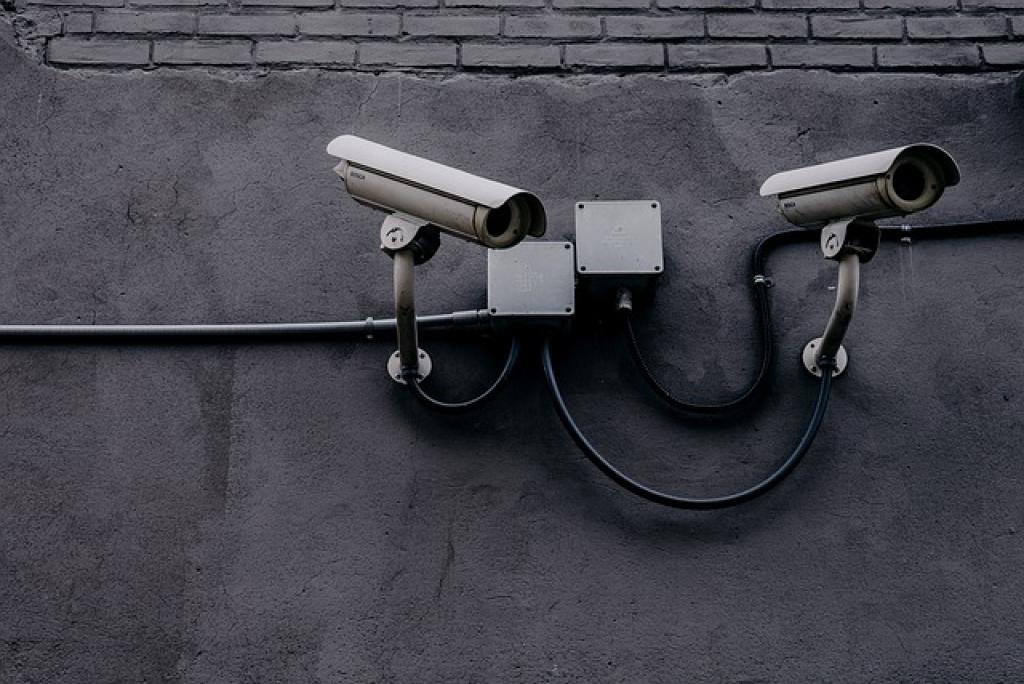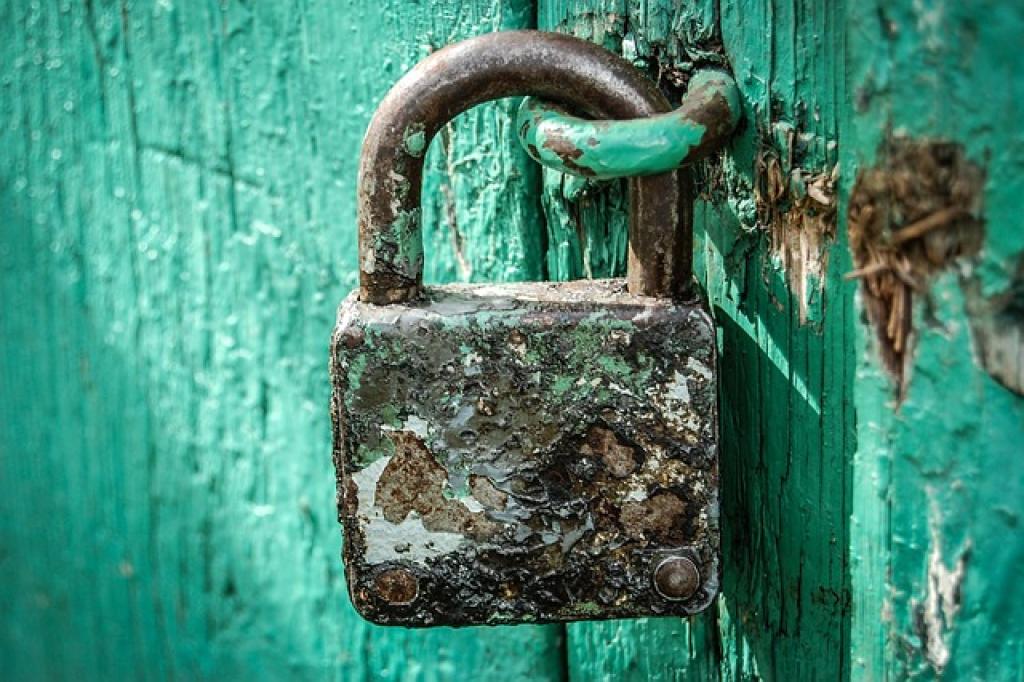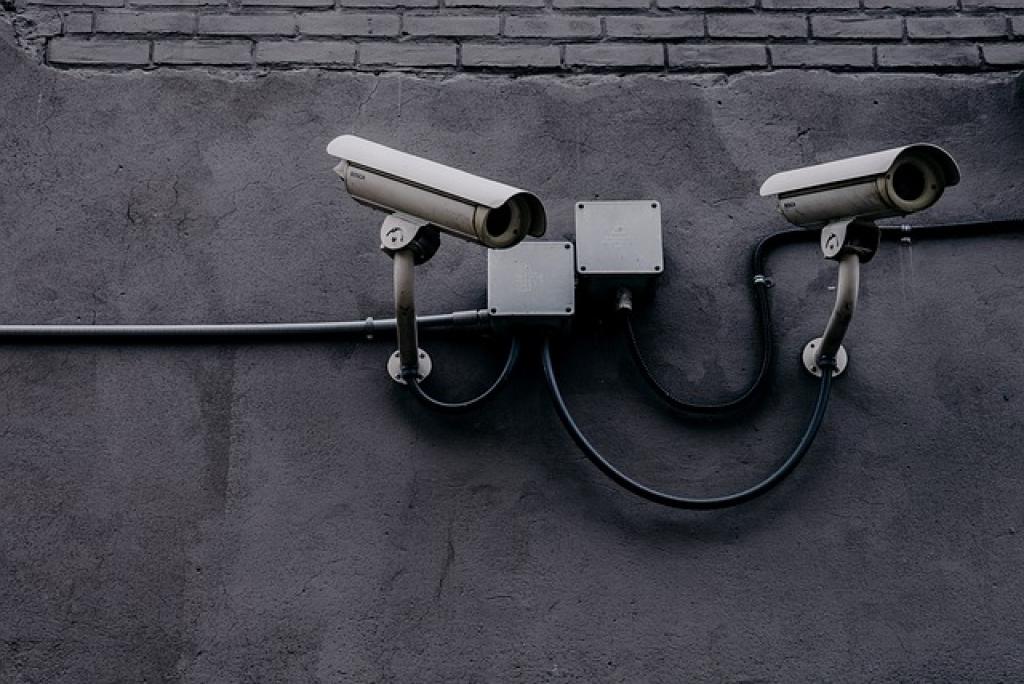
Top Security Concerns for Commercial Tenants
In today’s fast-paced world, where businesses rely more and more on technology and distributed teams, security is no longer just about locks and keys. For commercial tenants, it’s crucial to address not only the traditional types of security risks but also those brought about by digital advancements.
With flexible workspaces becoming the norm, understanding and mitigating security concerns becomes vital for both tenants and landlords. This delicate balance ensures everyone involved can focus on business growth without constant worry about safety and security.
Join us as we delve into the top security concerns faced by commercial tenants today. From physical threats to evolving cyber risks, we’ll explore how these challenges can be managed effectively, helping to create safer, more secure business environments.
Understanding Lease Terms & Responsibilities
Navigating lease agreements can feel overwhelming, especially when it comes to security responsibilities. It’s essential for commercial tenants to thoroughly understand what’s outlined in their lease regarding security measures.
Leases often detail who is responsible for maintaining security systems, from installing surveillance cameras to ensuring proper lighting in common areas. Tenants should be clear about their responsibilities versus those of the landlord to avoid any misunderstandings that could impact security.
Insurance requirements are another critical aspect covered in lease terms. Tenants need to know what type of coverage is necessary to protect their business assets and how their landlord’s insurance complements their own.
Finally, discussing any property-specific security concerns with landlords can foster a collaborative approach to safety. This cooperation not only benefits individual businesses but contributes to the overall security of the entire commercial building.
Understanding these elements allows tenants to make informed decisions, ensuring both compliance with their lease and a secure business environment.
Implementing Robust Security Measures
Once lease terms are clear, the next step is implementing robust security measures tailored to the unique requirements of your business.
Start by assessing the specific risks your business might face. This could vary significantly based on your industry and location, affecting how you prioritize security installations.
Investing in a high-quality surveillance system is often a wise first step. Modern systems offer features such as remote monitoring and smartphone alerts, providing peace of mind and an additional layer of security.
Access control solutions are equally important. Implementing systems like key card entry or biometric scanners can help monitor and restrict who enters your premises, reducing the risk of unauthorized access.
Don’t overlook cybersecurity. Protecting your digital assets is as crucial as securing physical ones. Be sure to install firewalls, use encryption, and regularly update your software to defend against cyber threats.
Finally, ensure employees are part of your security strategy. Training staff to identify potential security threats and response protocols can greatly enhance your overall security posture and help maintain a safe working environment for everyone.
Addressing Data Protection & Privacy Concerns
In an era where data breaches are increasingly common, prioritizing data protection and privacy is more crucial than ever for commercial tenants. Safeguarding sensitive information not only protects your business but also fosters trust with clients and partners.
Start by conducting a data audit to understand what information your business collects and stores. Knowing this is key to determining the necessary levels of protection and compliance with data regulations.
Implementing Strong Data Policies
Establish clear data protection policies and ensure all employees are trained on them. This includes setting up secure password practices, regularly updating access permissions, and ensuring data is encrypted both in transit and at rest.
It’s also wise to have a plan in place for addressing potential data breaches. Quick and effective response plans can mitigate damage and demonstrate your commitment to data protection.
Partnering with reputable IT and cybersecurity experts can provide additional peace of mind and ensure that your data protection measures are comprehensive and up-to-date.
By prioritizing data protection and privacy, commercial tenants not only comply with relevant laws but also strengthen their reputation as trustworthy businesses, which is invaluable in today’s digital world.
Dealing with Emergency Preparedness
Emergencies can happen at any time, making preparedness a vital part of any commercial tenant’s security strategy. Establishing comprehensive emergency plans is key to safeguarding people and property during unforeseen events.
Begin by identifying potential emergencies your business might face, such as fires, natural disasters, or security threats. Understanding these risks enables you to tailor your preparedness plans effectively.
Create a detailed emergency response plan that outlines procedures for evacuation, communication, and securing your premises. Ensure the plan is accessible to all employees and that they are trained regularly on emergency protocols.
Communication is crucial during emergencies. Set up clear lines of communication and designate staff members responsible for relaying information and instructions quickly and efficiently.
Regularly conduct emergency drills to test your plan’s effectiveness and make improvements where necessary. These drills not only ensure readiness but also help staff feel more confident about their roles during an actual emergency.
By implementing these strategies, commercial tenants can ensure they are prepared for a range of emergencies, minimizing risks to their business and employees while enhancing overall safety.
The Bottom Line: Ensuring Comprehensive Security Protocols
As we’ve explored throughout this blog, a proactive approach to security is essential for commercial tenants aiming to protect their assets and maintain a safe working environment. From understanding lease agreements to implementing robust security measures, each step contributes significantly to a comprehensive security strategy.
Moreover, addressing data protection and privacy concerns is not simply a legal obligation but a critical factor in building and maintaining trust with customers and partners. Coupled with this is the necessity of being prepared for emergencies, a step that can make all the difference in minimizing damage and ensuring the safety of all occupants during unforeseen events.
Importantly, security isn’t a one-size-fits-all solution. It requires a tailored approach that takes into account the unique needs and risks associated with your specific business type and location. Regularly reviewing and updating your security protocols ensures that your business remains protected against evolving threats.
Incorporating input from security professionals and staying informed on the latest security technologies can further enhance your approach. Remember, a secure environment not only protects your business but also provides peace of mind, allowing tenants to focus more on thriving in their ventures.
Ultimately, comprehensive security protocols are about more than just preventing loss and damage—they’re about creating a foundation for long-term success and resilience in the commercial sector. With the right measures in place, commercial tenants can operate confidently, knowing they’ve taken the necessary steps to safeguard their business future.


